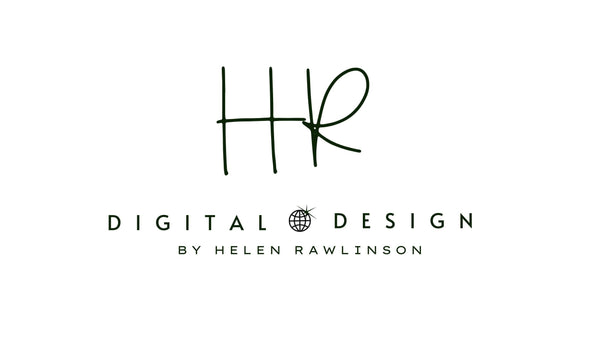Demystifying Website Jargon: A Small Business Owner's Guide
In today's digital age, having a website is essential for small businesses. However, navigating the world of websites, domains, hosting companies etc can be intimidating (and frustrating!), especially if you're not familiar with the technical jargon. Don't worry! In this blog post, we'll break down some basic website-related terminology in simple, everyday language to help you feel more confident about your online presence.
1. Domain Name:
What it means: Your web address or the name of your website.
In simple terms: It's like your website's street address on the internet. For example, "www.mybusiness.com" is your domain name.
2. Hosting:
What it means: The service that makes your website accessible on the internet.
In simple terms: Hosting is like renting space on the internet where your website files live. It's where your website "lives" online. With some website builders you have to find a host and pay them an annual fee separately but with others (such as Shopify) your hosting is built into the monthly fee.
3. SEO (Search Engine Optimization):
What it means: The process of making your website more visible on search engines like Google.
In simple terms: SEO is like the magic that helps your website appear when people search for products or services you offer. It's about being found online. There's lots of things you can do to make sure your SEO is up to scratch but good content, writing blogs and making sure you keep your website up to date is a great start!
4. Responsive Design:
What it means: Making sure your website looks and works well on all devices, like smartphones, tablets, and computers.
In simple terms: Your website should be like a chameleon, changing its appearance to fit whatever device your visitors are using. This is really important these days as so much browsing is done on a mobile device - your website has got to look great on any device!
5. E-commerce:
What it means: Selling products or services online through your website.
In simple terms: E-commerce turns your website into a digital store where customers can buy things from you, just like a physical shop.
6. SSL Certificate:
What it means: A security feature that encrypts data between your website and visitors.
In simple terms: SSL is like a secure lock for your website. It keeps information safe when people send you messages or buy things from you. Sometimes this is included for free with your host but other times it needs to be manually updated which is often a complete faff and overly complicated. Don't worry though - it is possible!
7. Analytics:
What it means: Tools that track and analyse how people use your website.
In simple terms: Analytics are like a detective that tells you what's happening on your website. It shows you who's visiting, what they're doing, and what's working. Most people will use something like Google Analytics to help them with this.
8. URL (Uniform Resource Locator):
What it means: The full web address of a specific page on your website.
In simple terms: A URL is like a signpost pointing to a particular page on your website, like "www.mybusiness.com/about-us."
Remember, you don't have to be a tech expert to understand website-related terms. These basics should help you feel more at ease when discussing your online business presence with someone. Websites are a powerful tool for small businesses, and understanding the terminology makes managing your online presence less intimidating, less stressful, less mysterious and more enjoyable.

